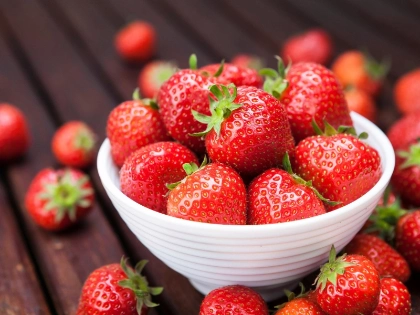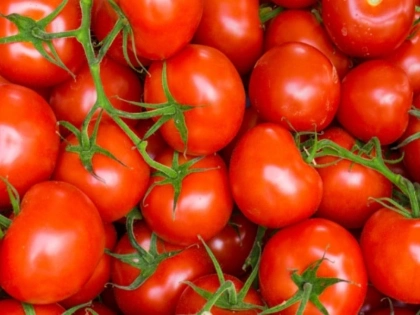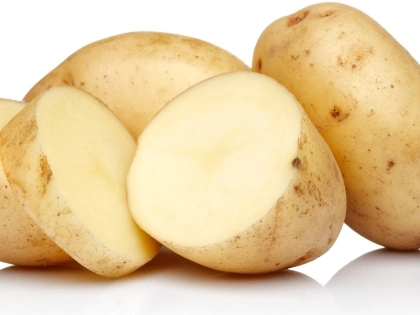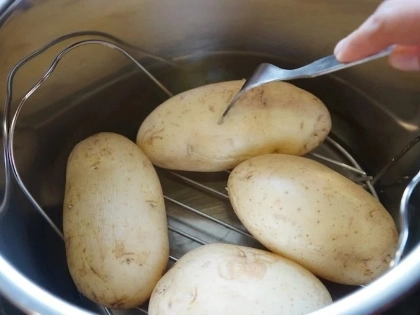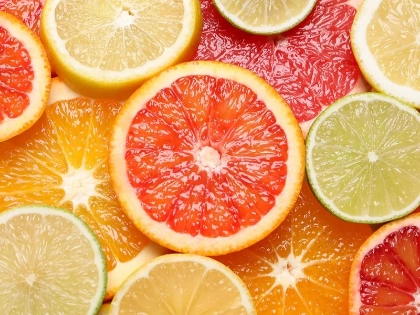Fruit is a fantastic source of carbohydrates, which provide you energy to build muscle. It also offers vitamins and micronutrients.
Because they have higher calorie counts than other fruits, some are better for growing muscle mass because they enable you to reach the caloric surplus required for muscle growth. Additionally, its anti-inflammatory qualities aid in lessening the discomfort that comes with doing exercise.
Strawberries
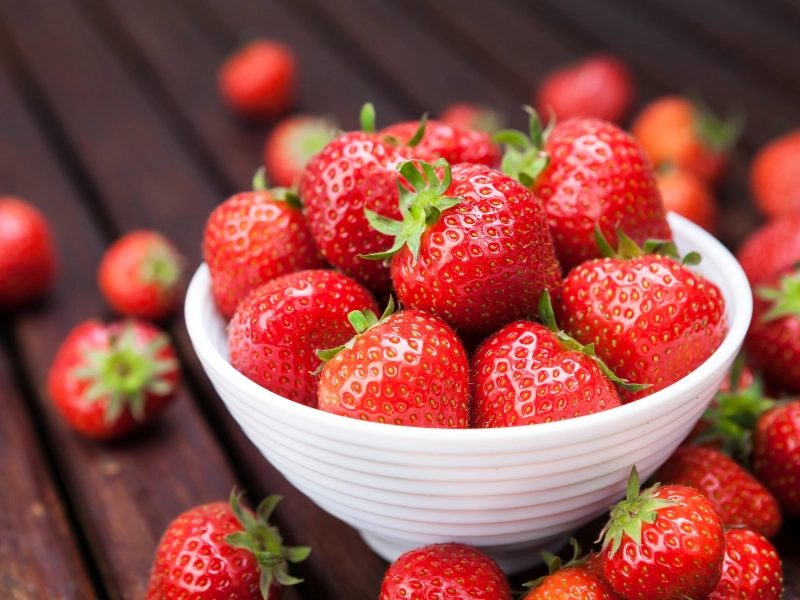
A bounty bestowed upon us by Mother Nature is a large, juicy strawberry. Not only are strawberries sweet, but they also provide a lot of health advantages.
Their high fibre content (11 percent daily value) aids in blood sugar regulation. Additionally, they supply the body with ellagic acid, a potent antioxidant that has the potential to both prevent and treat several malignancies.
Fruits should be an essential component of any physique competitor's diet, even if protein frequently gets all the attention when it comes to muscle building. These vibrant foods supply essential vitamins required for muscular growth and recuperation. Additionally, they are a great source of simple carbs, which will fuel your intense activity. Incorporate some strawberries into your smoothie before working out. It will offer you the extra advantage you need to set a new record for reps.
Pineapples
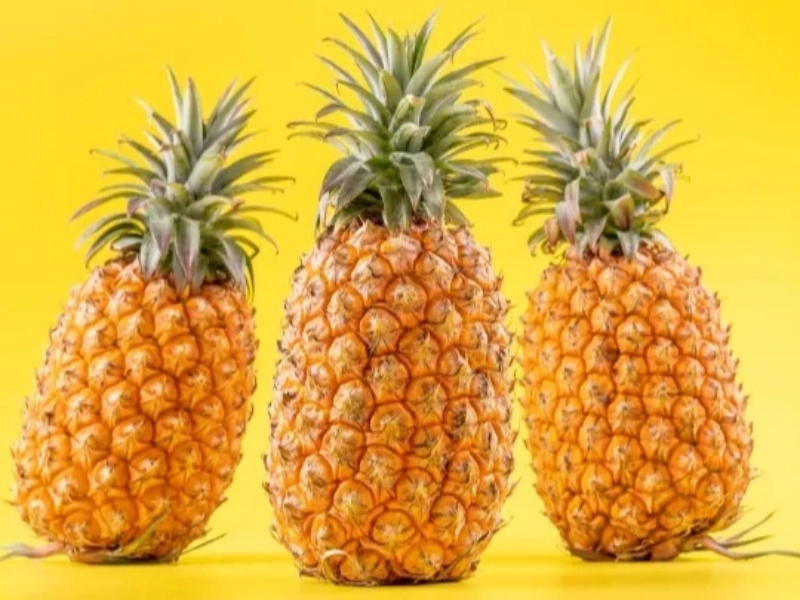
The tropical fruit pineapple (Ananas comosus) is rich in vitamins and minerals. It is a significant source of vitamin C, which is believed to support immunological function and facilitate improved nutrient absorption by the body.
Pineapple's bromelain naturally reduces inflammation in the joints and muscles. Because it inhibits inflammatory metabolites and reduces swelling, it helps lessen the discomfort associated with sprains, strains, and bruising. People with rheumatoid and osteoarthritis can benefit from this fruit's anti-inflammatory qualities.
Because pineapple juice is high in vitamins and fibre, it might be a wonderful breakfast alternative. By lowering phlegm production, it can also lessen allergies and enhance vision. By promoting bowel motions and breaking down proteins, it can also help with digestion.
Cantaloupe
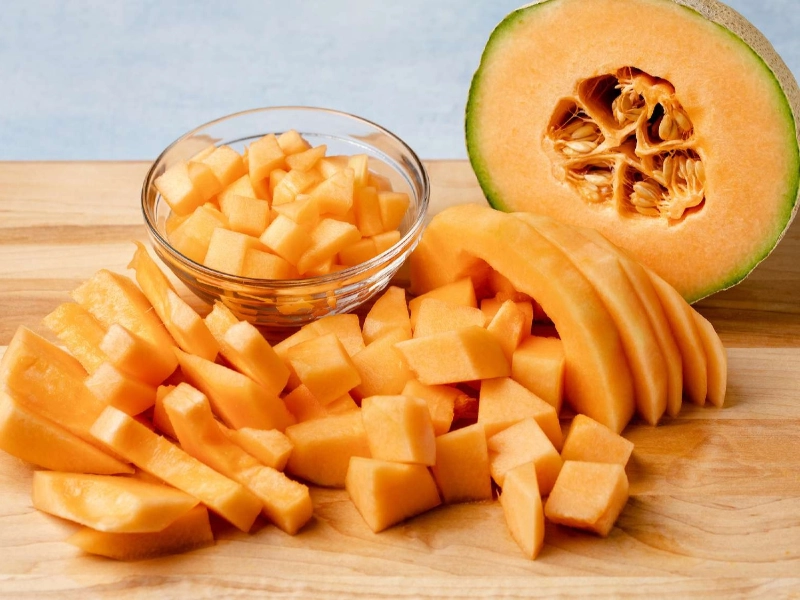
Fruit is a low-glycemic carb that gives you a little burst of energy without making you take more insulin or blood sugar. Additionally, according to Colorado State University, it includes phytochemicals that can aid in lowering high cholesterol by promoting the body to reabsorb more fat-soluble cholesterol.
Although cantaloupe is accessible all year round, summer is when it tastes best and most tasty. When selecting a cantaloupe, look for a creamy, light yellow-orange melon that feels symmetrical and little hefty. It should smell musky and delicious as well. Cantaloupe, like most fruits and vegetables, is a great source of beta carotene, which the body uses to make vitamin A for skin regeneration, immune system strength, and eye health. According to Oregon State University, it's also packed in soluble and insoluble fibre, which helps maintain the health of the digestive tract by reducing constipation and diarrhea.
Dates
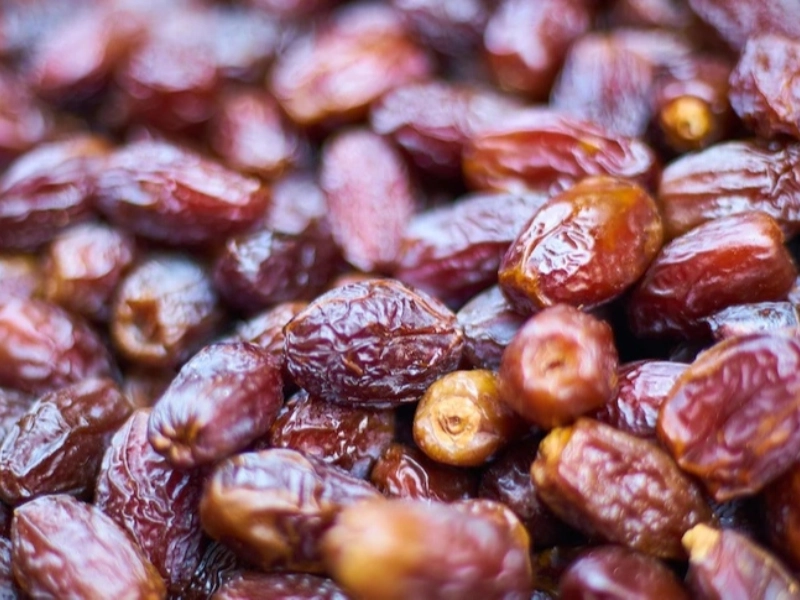
Due to their ability to lower blood glucose levels compared to refined sugar, dates are a healthy sweetener that can be used in place of sugar. They contain a lot of potassium, which is essential for maintaining fluid balances, controlling heart rate, and gaining muscle. Additionally, they supply vitamin B6, which aids in the metabolism of proteins for the growth of muscles.
Because they are high in energy, bananas, dates, and raisins can be a part of a bulking diet that helps boost the number of calories needed to build muscle. They also contain a variety of nutrients and minerals, such as calcium, magnesium, and potassium, which are necessary for strong muscles. Another excellent low-calorie alternative is dragon fruit, which has antioxidants, fibre, and quercetin to help prevent muscle injury and promote recovery. Additionally, it has vitamin C, which strengthens collagen formation and improves immunity.
Watermelon

This sweet and simple summertime favourite is a great way to obtain extra carbohydrates for building muscle. Ten percent of your daily potassium intake can be found in two cups of watermelon. Potassium helps your body control muscle function, avoid cramps, and decrease heart rate recovery after exercise. Citruline, another ingredient in watermelon, raises nitric oxide levels, which helps your blood vessels widen and send more blood to your muscles so they can receive oxygen and nutrients.
After working out, you can have a cool glass of watermelon juice or consume the entire fruit. Carbohydrates, potassium, vitamins A and C, and the potent antioxidant lycopene are all found in good amounts. It can also be added to your protein smoothies to enhance their flavour. This fruit is a terrific method to quench your appetite while working out because it's low in calories.







